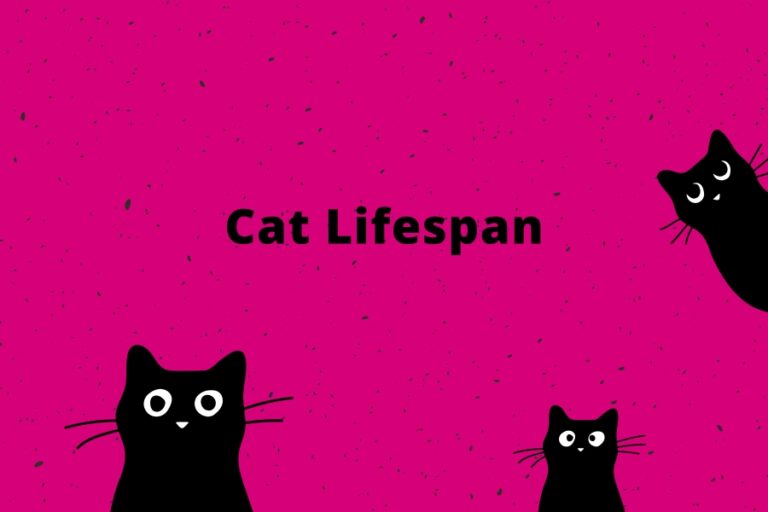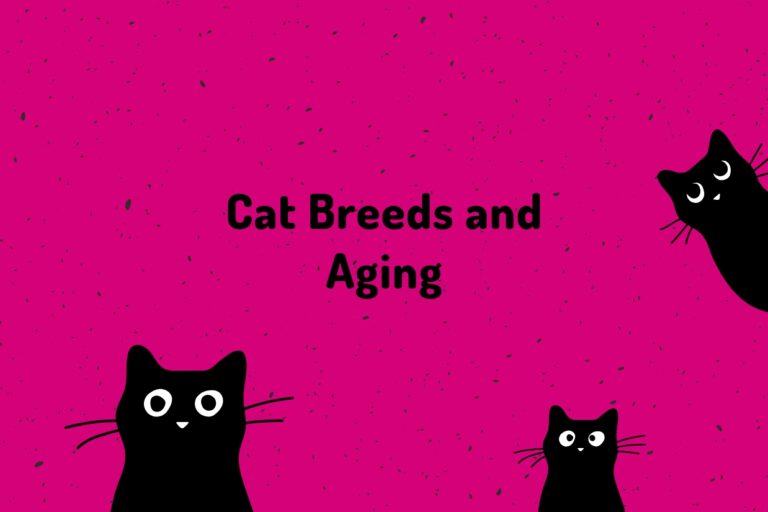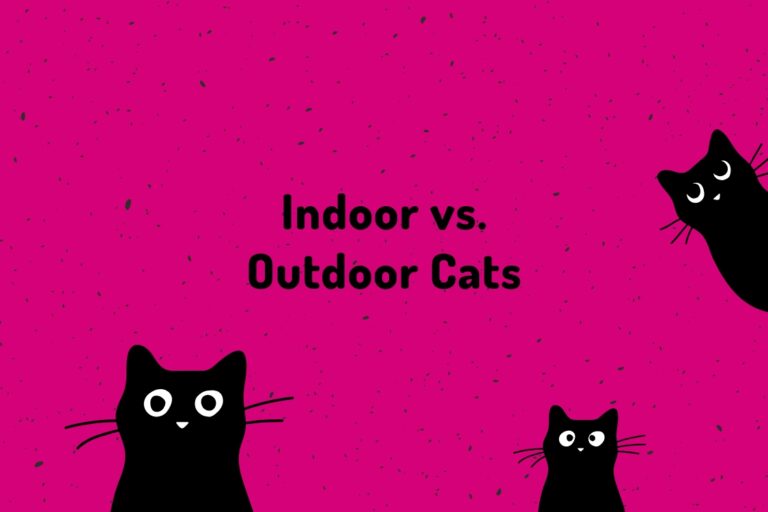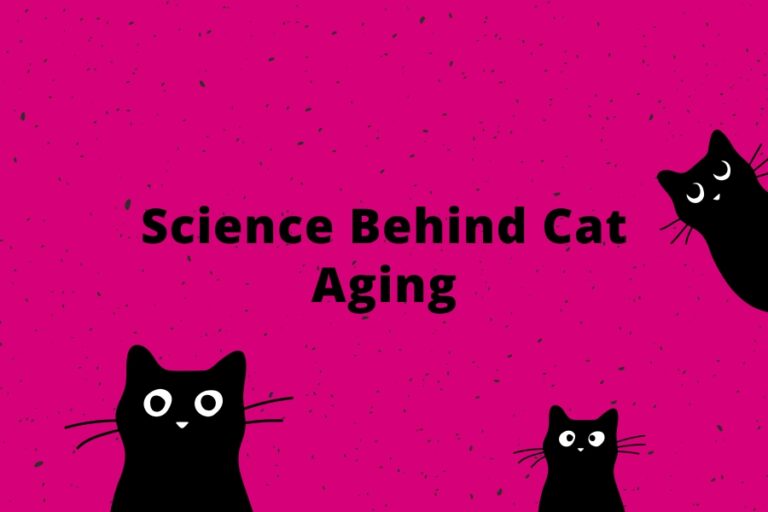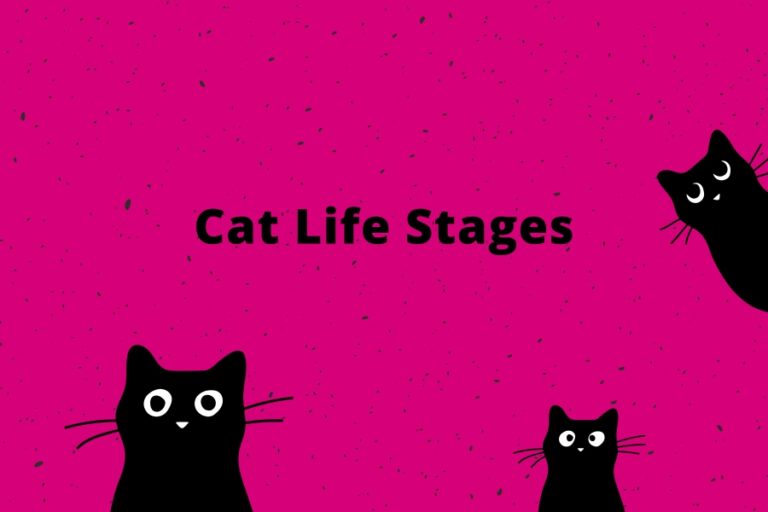Senior Cat Care: Tips for a Healthy, Happy Aging Cat
As your cat grows older, their needs adapt in conjunction. Taking care of an older cat is not just about love or affection; in fact, it’s about being attuned to the obstacles especially experienced by older felines and working ahead to ensure they remain as healthy, comfortable, and happy as possible. Whether your cat is on the cusp of their summer years or has already reached old veteran status, using a Cat Years To Human Years Calculator can help you better understand their life stage and tailor their care accordingly. This guide will give you the information needed to take constructive care of their health at every age.
Getting to Know Senior Cats
Most cats are in the senior stage between 7 to 10 years, depending on breed-also general condition. They start to show reflections in energy level, mobility, and dietary needs with increasing age. Most changes happen at the earlier end, and the experience in early tracking or care anticipation for changes can make a vast difference in quality of life as a senior cat.
Senior Cat Care Key Features
1. Elderly Cat’s Diet and Nutrition
A balanced diet is of very real importance in the diet of the elderly cat. With weakening metabolism, however, they require fewer calories to keep their aging body but additional nutrients since it is only at old age that one can impart such an education or know-how in the thin-bodied cat.
- High-protein quality: To offer easy-to-digest protein to the older cats in order to maintain muscle integrity. Search for older cat food categories.
- Hydration: Older cats mostly suffer from kidney disease; ensure that they receive sufficient water intake. Cat fountain or wet food might trigger more water intake.
- Joint Support: Omega-three fatty acid and glucosamine-enriched foods might manage arthritis and joint pain.
- Weight control: Don’t overfeed and keep an eye on the right portion size so that the cat won’t be a victim of obesity.
2. Exercise and Mental Stimulation
Although exercise and mental stimulation for active cats would be far more helpful and effective, older cats are not just deprived of exercise and mind-stimulating play.
- Gentle Play: Laser pointer or soft toys cause a light moving activity without brutal strain on the joints.
- Interactive Toys: Puzzle feeders or treat toys can challenge their brains.
- Comfortable Setting: Stairs or ramps might be needed to access favorite spots they might need to reach.
3. Health Monitoring and Regular Vet Visits
Regular frequent vet visits, as agreed by all, are the best prevention for early diagnosis and control in case of any age-related illness.
Common Illnesses of Older Cats:
- Arthritis: From a limp or painful paw to having difficulty jumping or even being less playful. Think of a comfortable bed, and rightly research on joint supplements.
- Kidney Disease: Excessive drinking of water, weight loss, and excessive urination; avoid phosphorus and provide water.
- Hyperthyroidism: Mostly weight loss and even more hungry but hyperactive; some medicine or diet will assist in coping with this.
- Dental Problems: All except most years of distress are preventable, such as gum disease if not maintained.
- Lab works and Tests: Some of these are annual lab works.
4. Comfort and Well-being
Cats adore a good environment all they require is for older cats.
- Heat: Older cats will have trouble with temperature control. Warm spot and warm bed are all they need with those.
- Accessibility of the Litter Box: Make the litter boxes as accessible as possible, have lower sides, especially helpful for arthritic cats.
- Grooming: If it is hard for them to reach certain areas, especially due to mobility issues, help your cat groom.
Deal With Some Common Health Issues in Older Cats
Arthritis
The majority of cases of cat arthritis go undetected until a mature cat gets extremely depressed and painful while trying to exercise. These are how you can help them:
- Offer them comfortable, orthopedic beds.
- Make sure to build ramps or stairs or get their bed in such a manner that they have access to it.
- Consult your vet about pain management suggestions.
Kidney Disease
The most common disease of most older cats is chronic kidney disease (CKD). The treatment involves:
- Non-toxic diet to the kidneys.
- Fresh water at all times.
- Regular visits to a veterinarian to monitor the kidneys.
Hyperthyroidism
Due to an overactive thyroid gland. The treatments are as follows:
- Medications that help control the hormones secreted by the thyroid gland.
- Diets.
- Surgery or radioactive iodine treatment in severe cases.
Dental Health
Dental disease can produce pain in addition to possibly life-threatening, contagious infections. Prevention occurs through:
- Daily tooth brushing of your cat.
- Dental eat toys or treats.
- Professional dental cleaning as needed.
Your Senior Cat’s Care Questions
How often to visit the vet with my older cat?
Older cats go to the vet at least twice a year for wellness check-ups. Blood tests also detect early on any issues that may develop into health concerns.
What is the sign of arthritis in a cat?
There are very apparent symptoms, including limping, unwillingness to jump, stiff walk, and behavior change in grooming.
Can I modify the diet for my senior cat?
You can do it, but slowly, for 7-10 days so that there would be no upset in the system. Take a recommendation from the vet for the diet.
Can I modify the diet for my senior cat?
You can do it, but slowly, for 7-10 days so that there would be no upset in the system. Take a recommendation from the vet for the diet.
How can I get my older cat to drink more water?
Feed them wet food, give them a cat water fountain, and add a little bit of water to their dry food so that they are receiving more moisture.
Is it common for older cats to sleep more?
Yes, actually, because older cats do sleep more; however, a sudden change on how much they do is a good signal to talk to your vet.
Conclusion
Taking care of an older cat takes patience, maintaining focus, and adjusting to their new needs. By using all of the right methods, such as providing them with enough food, enough exercise, checking their health, and good living conditions, you’ll be doing your best for your older cat so that they can be looked after as well as you can so they can have the good times of their golden years. Never remember that your vet is the cat’s best friend when it comes to feline geriatric care; call them up with any question or issue you may have. Your aging cat can live many years of sun and happy companionship, with very fine care.


